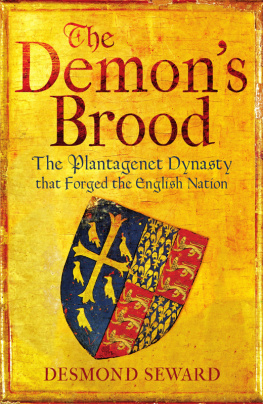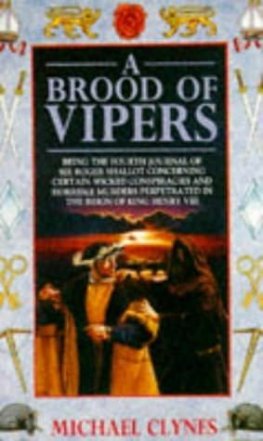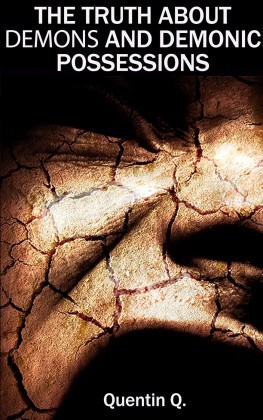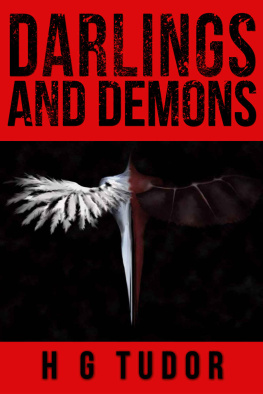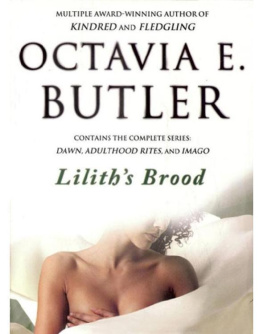The Demons Brood
Here you can read online The Demons Brood full text of the book (entire story) in english for free. Download pdf and epub, get meaning, cover and reviews about this ebook. year: 0, publisher: Constable, genre: Art. Description of the work, (preface) as well as reviews are available. Best literature library LitArk.com created for fans of good reading and offers a wide selection of genres:
Romance novel
Science fiction
Adventure
Detective
Science
History
Home and family
Prose
Art
Politics
Computer
Non-fiction
Religion
Business
Children
Humor
Choose a favorite category and find really read worthwhile books. Enjoy immersion in the world of imagination, feel the emotions of the characters or learn something new for yourself, make an fascinating discovery.
The Demons Brood: summary, description and annotation
We offer to read an annotation, description, summary or preface (depends on what the author of the book "The Demons Brood" wrote himself). If you haven't found the necessary information about the book — write in the comments, we will try to find it.
Unknown: author's other books
Who wrote The Demons Brood? Find out the surname, the name of the author of the book and a list of all author's works by series.
The Demons Brood — read online for free the complete book (whole text) full work
Below is the text of the book, divided by pages. System saving the place of the last page read, allows you to conveniently read the book "The Demons Brood" online for free, without having to search again every time where you left off. Put a bookmark, and you can go to the page where you finished reading at any time.
Font size:
Interval:
Bookmark:
Also by Desmond Seward
The Hundred Years War
The Wars of the Roses
The Last White Rose
DESMOND SEWARD

Constable & Robinson Ltd
5556 Russell Square
London WC1B 4HP
www.constablerobinson.com
First published in the UK by Constable,
an imprint of Constable & Robinson, 2014
Copyright Desmond Seward 2014
The right of Desmond Seward to be identified as the author of this work has been asserted by him in accordance with the Copyright, Designs & Patents Act 1988
All rights reserved. This book is sold subject to the condition that it shall not, by way of trade or otherwise, be lent, re-sold, hired out or otherwise circulated in any form of binding or cover other than that in which it is published and without a similar condition including this condition being imposed on the subsequent purchaser.
A copy of the British Library Cataloguing in Publication Data is available from the British Library
ISBN 978-1-78033-177-5 (hardback)
ISBN 978-1-47210-564-6 (ebook)
Printed and bound in the UK
1 3 5 7 9 10 8 6 4 2
Cover design by Bob Eames
For Frederick, Kristin, William and Julian

Among those who helped, I should particularly like to thank my agent Andrew Lownie for encouraging me to persevere with so daunting a project. I owe another debt to my copyeditor, Elizabeth Stone, for helping me to make the book more readable. I am also grateful to the staff of the London Library for unfailingly courteous and imaginative assistance, and to the staff of the British Library.

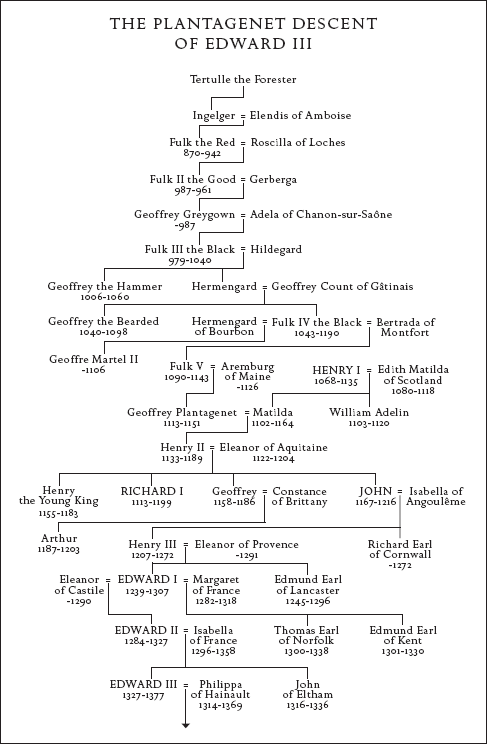
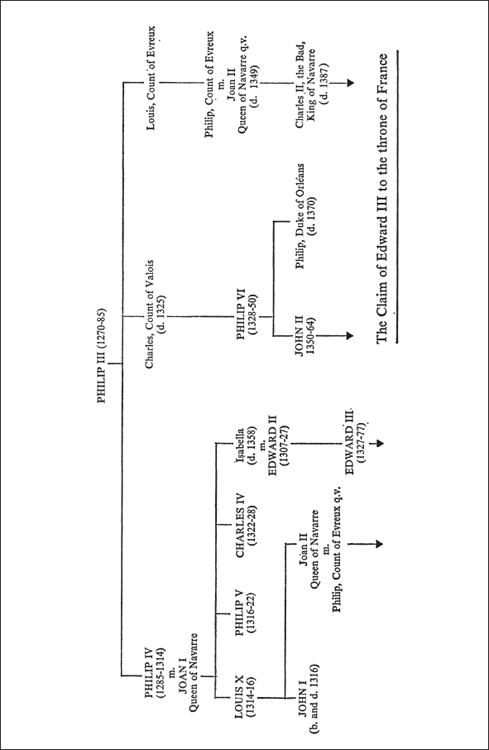
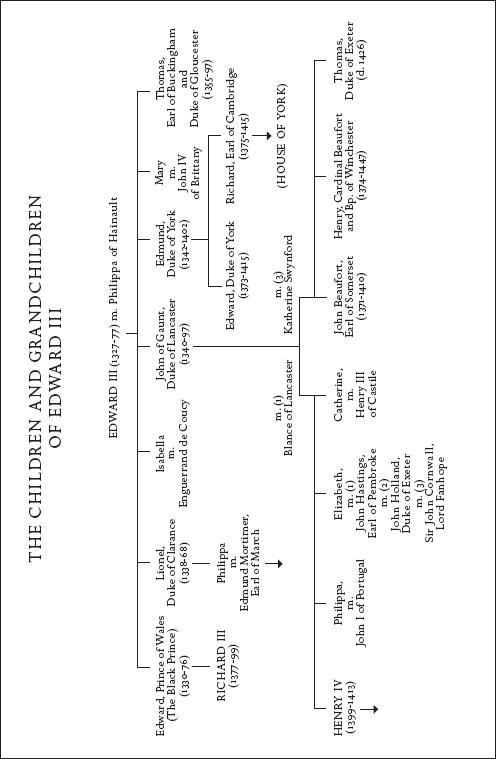
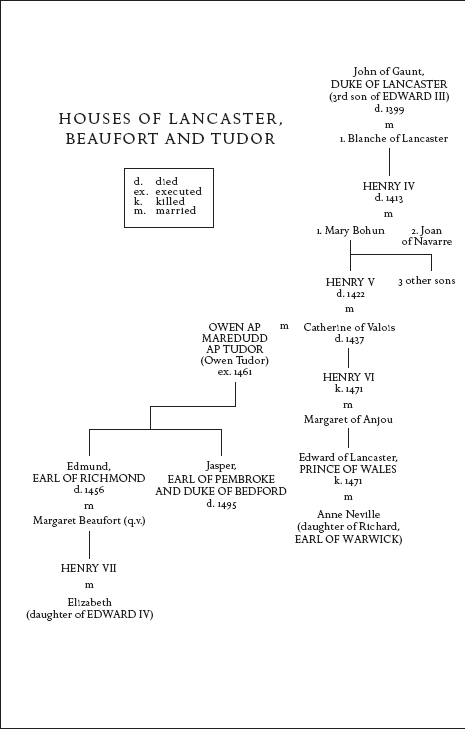
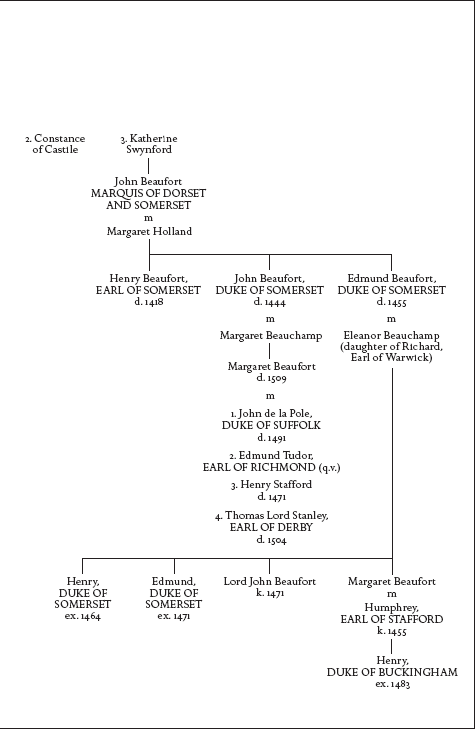
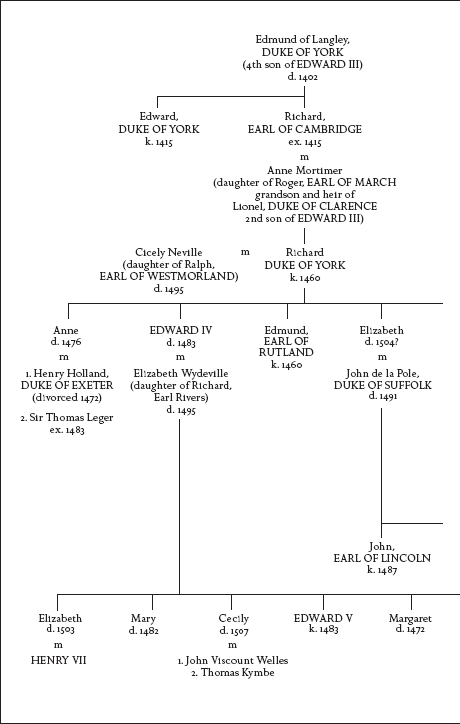
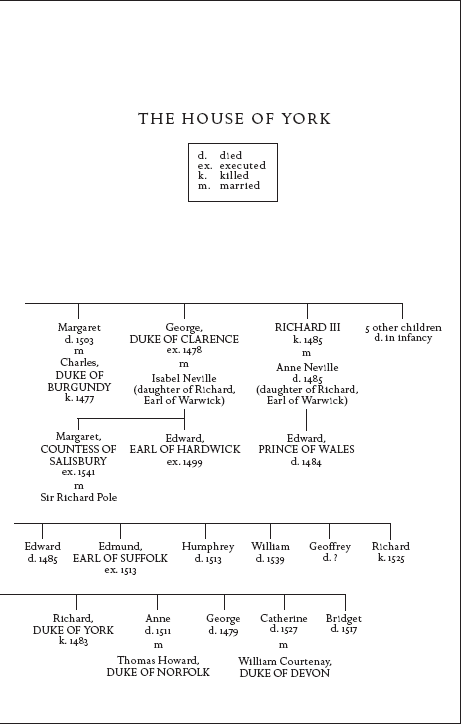
The Demon and Her Heirs

The French Kings of England rose... to an eminence which was the wonder and dread of all neighbouring nations.
Lord Macaulay
In 999 a Plantagenet forebear, Count Fulk the Black of Anjou, had his young wife, Elisabeth of Vendme, burned alive in her wedding dress in the marketplace at his capital of Angers, in front of the cathedral, after catching her in flagrante with a goatherd. A few days later, all Angers went up in flames, torched by unknown hands, and the townsmen suspected Fulk. There is no record of what happened to the goatherd.
The Black Count was just as merciless on campaign, slaying and destroying, robbing and raping. When, as an old man, he put down a rebellion by his equally ferocious son, Geoffrey the Hammer, he made him crawl around the floor in front of his courtiers, saddled and bridled like a horse, begging for mercy, while his father screamed, Youre broken in, broken in! Yet on pilgrimages to the Holy Land Fulk ordered his servants to flog him through the streets of Jerusalem as he howled for Gods forgiveness. The Angevins decided that a devils blood must run in the veins of their sinister lord.
A story grew up that, while hunting in the depths of a forest, Black Fulks father or grandfather had met and married on the spot a lady of unearthly beauty but mysterious origin, called Melusine, who bore him four children. She shocked her husband and his court by rarely attending church if she did, she left Mass after the reading of the Gospel, deliberately missing the most sacred moment, the Consecration. Finally, her husband ordered his knights to intervene: next time she tried to leave they seized hold of her cloak. Melusine reacted by slipping out of the cloak to fly up into the air, vanishing through a church window, with two sons under her arm. Neither the demon countess nor the boys was ever seen again. But she left behind the other sons.
This is the account given by Gerald of Wales, who was a courtier of Henry II and his son Richard I. Geralds friend, Walter Map, tells a similar tale in his Courtiers Trifles, but tactfully does not mention the Plantagenets. He describes the loveliest of girls who captured the heart of Henno with the Big Teeth and bore him four beautiful children. She too always left Mass before the Consecration, until, when bathing with her maid, her mother-in-law spied on her and, seeing them both change into dragons, had them sprinkled with holy water by a priest, whereupon they shrieked horribly and disappeared through the roof. (Behind this lie two very ancient European myths, those of the wood or water sprite and of the succubus a female demon who seduces men in dreams.)
According to Gerald of Wales, the tale of Melusine was frequently told by King Richard, who said that with such an ancestor it was not surprising that he and his brothers quarrelled. We come from the Devil and well end by going to the Devil, joked the Lionheart. Yet until the very end the devil never abandoned Plantagenet blood.
The royal family who reigned longest over the English, descendants of Fulk and the demon, had a strange surname Plantagenet which they took from a twelfth-century count who wore a sprig of broom-flower (Planta genista in medieval Latin) on his cap. Although the family did not adopt it as a cognomen until 1460, it is used throughout this book to stress the continuity of the line. Academics restrict Plantagenet to the kings from Henry II to Richard II, but the Lancastrians and Yorkists were no less members of the dynasty.
These men from Anjou, who ended as the most English of the English, not only spearheaded the merger of Normans and Anglo-Saxons into a nation but saved the country from disintegrating into separatist parts. Henry II rebuilt England after the anarchy left by King Stephen, although there were further attempts to undo this good work, not least with the revolt of Henrys sons in the 1170s; and even as late as the fifteenth century rebel magnates allied with the Welsh leader Owain Glyndwr to divide England between them, to be defeated by Henry IV. The Plantagenets began the colonization of Ireland and conquered Wales, if they failed to absorb Scotland. During the Hundred Years War they overran north-western France, creating an Anglo-French dual monarchy Paris was occupied for nearly fifteen years, Normandy for thirty. However, it all ended in defeat abroad and bankruptcy at home. Divided between Lancaster and York, the family was destroyed by the series of dynastic murders and battles that became known as the Wars of the Roses, its last king dying at Bosworth in 1485.
Although they produced gifted rulers, four Plantagenets were murdered, two came close to deposition, and another was killed in battle by rebels as Richard I had predicted, there was a diabolical streak until the end. Shakespeares tragedies have shaped the way in which we see no less than six of them.
Font size:
Interval:
Bookmark:
Similar books «The Demons Brood»
Look at similar books to The Demons Brood. We have selected literature similar in name and meaning in the hope of providing readers with more options to find new, interesting, not yet read works.
Discussion, reviews of the book The Demons Brood and just readers' own opinions. Leave your comments, write what you think about the work, its meaning or the main characters. Specify what exactly you liked and what you didn't like, and why you think so.

